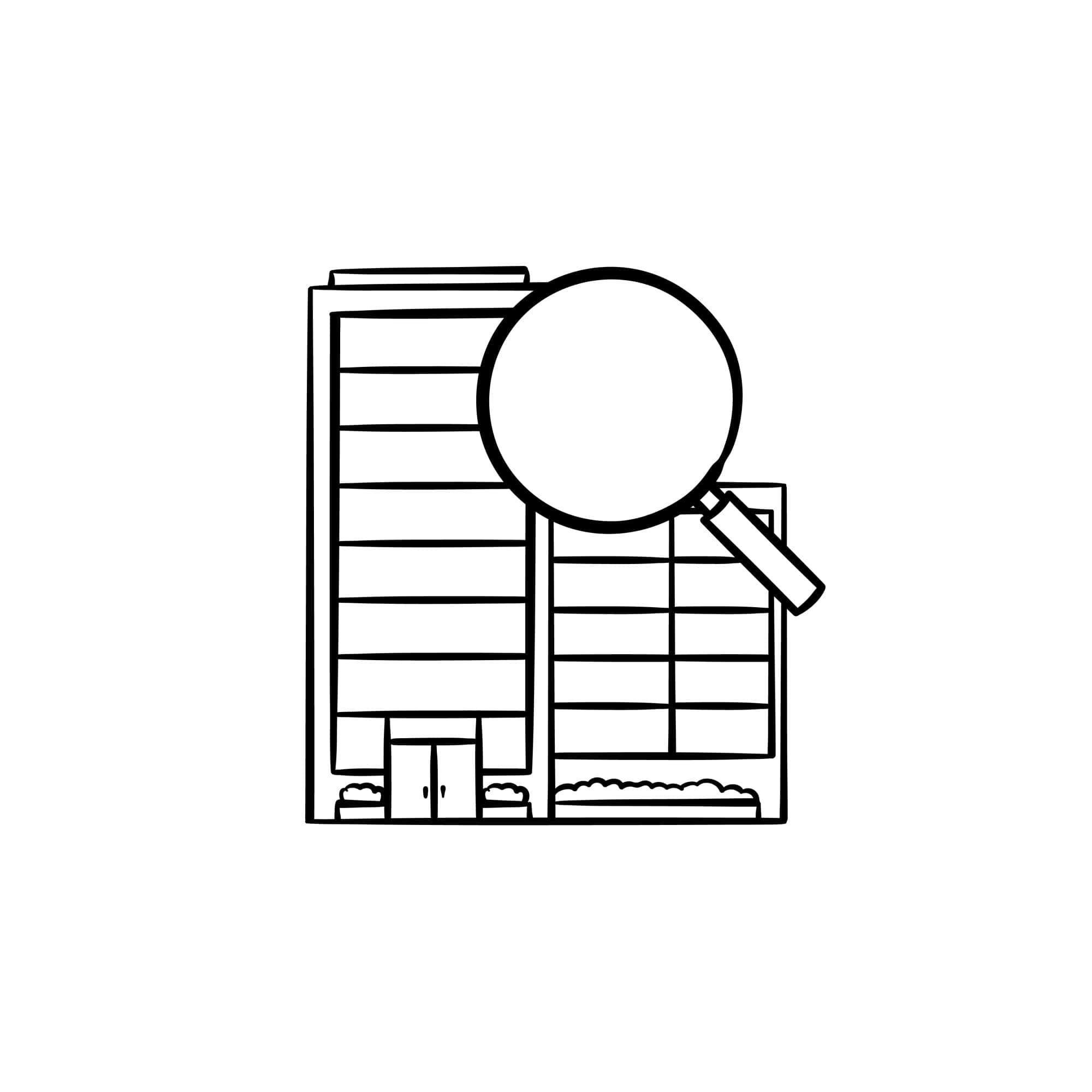In times when there are more hopeful homeowners than there are homes for sale, buyers may be tempted to play their trump card: waiving inspection.
Waiving property inspections may make your offer on a home more attractive, but it can be a risky move.
Property inspections are crucial to protect your investment and potentially save you a lot of money and work in the long run.
Read on to learn all about property inspections and what they cover.
What is an Inspection?
An inspection is an important step in the home-buying process during which a third-party contractor evaluates the home. This protects the buyer from investing in a home that is unsafe or that requires significantly more work than anticipated.
Without an inspection, you risk buying a home that is a safety risk or that ends up costing you tens of thousands more than you anticipated.
The Inspection Contingency
The contractual aspect of a property inspection is called a contingency. Essentially, this is a section in the contract that stipulates that a buyer can pull their offer on a home if the home inspection finds significant issues.
This contingency likely has a time period during which the buyer needs to decide how to move forward.
This also helps the seller by moving the process forward in a reasonable and timely manner.
What Does the Inspection Cover?
An experienced contractor will likely be working from a checklist or inspection guide, making sure that various areas of the house are evaluated and checked for damage.
The inspection is pretty all-inclusive, covering everything from the foundation of the home to the HVAC systems.
However, the inspection does not cover certain specific areas such as the interior of the walls or the sewer lines.
Next Steps
After the inspection is complete, you'll have to decide how to move forward with the issues that were found.
If the issues are significant, you may consider pulling the offer on the home entirely.
More conservative measures might include asking the seller to pay for and/or facilitate fixing the issues or coming up with a plan to fix the issues yourself.
While the contractor who performed the inspection may be able to identify issues, they will likely not be the ones to actually fix them.
Is it Worth the Investment?
The answer to whether or not an investment is worth it depends on a number of factors, one being the state of the market. If the market is tumultuous and finding a home is very difficult, you may be pressured to waive the inspection.
However, if you have the power to have the property inspected, it's worth it to do so.
While the inspection may prolong the buying process and incur an upfront cost, it may save you a significant sum in the long run.
You should know what you're buying before you buy it.
Don't Neglect Property Inspections
In the best-case scenario, the property inspection finds very few issues with the home and you can feel more confident in what you're buying.
In the worst-case scenario, the property inspection finds large-scale issues and you can potentially save your money by pulling your offer or having the seller fix them.
For more tips, tricks, and advice on property ownership, check out our blog! There, you'll find helpful resources on property inspections and other home ownership must-knows!


